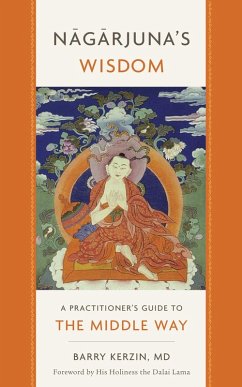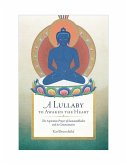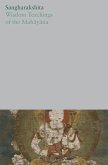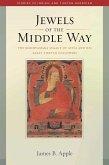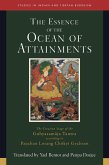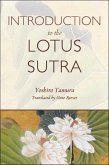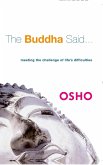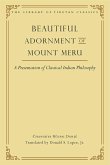Explore the Mulamadhyamakakarika the way the Dalai Lama teaches it. Nagarjuna's Fundamental Verses on the Middle Way, or as it's known in Tibetan, Root Wisdom, is a definitive presentation of the doctrines of emptiness and dependent arising, and a foundational text of Mahayana Buddhism. In this book, Barry Kerzin, personal physician to the Dalai Lama, presents this fundamental work in a digestible way, using a method favored by His Holiness: focusing on five key chapters, presented in a specific order.
- First we explore the twelve links of dependent origination, in Nagarjuna's chapter 26, to learn why and how we cycle through sa?sara.
- Then we examine the self that cycles to discover that, in fact, there is no inherently existent self, based on Nagarjuna's chapter 18.
- We then enter an analysis of the four noble truths, based on chapter 24, to understand how conventional reality is understood.
- Next, an investigation of the Tathagata shows the reader that even emptiness is empty in chapter 22.
- Finally, Nagarjuna re-emphasizes the pervasiveness of emptiness in his first chapter.
Dieser Download kann aus rechtlichen Gründen nur mit Rechnungsadresse in A, B, BG, CY, CZ, D, DK, EW, E, FIN, F, GR, HR, H, I, LT, L, LR, M, NL, PL, P, R, S, SLO, SK ausgeliefert werden.

